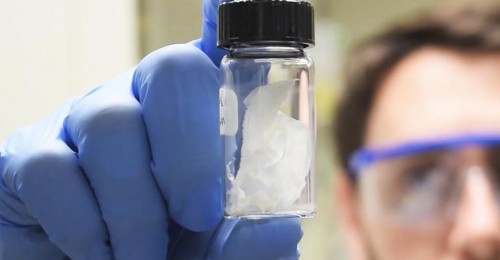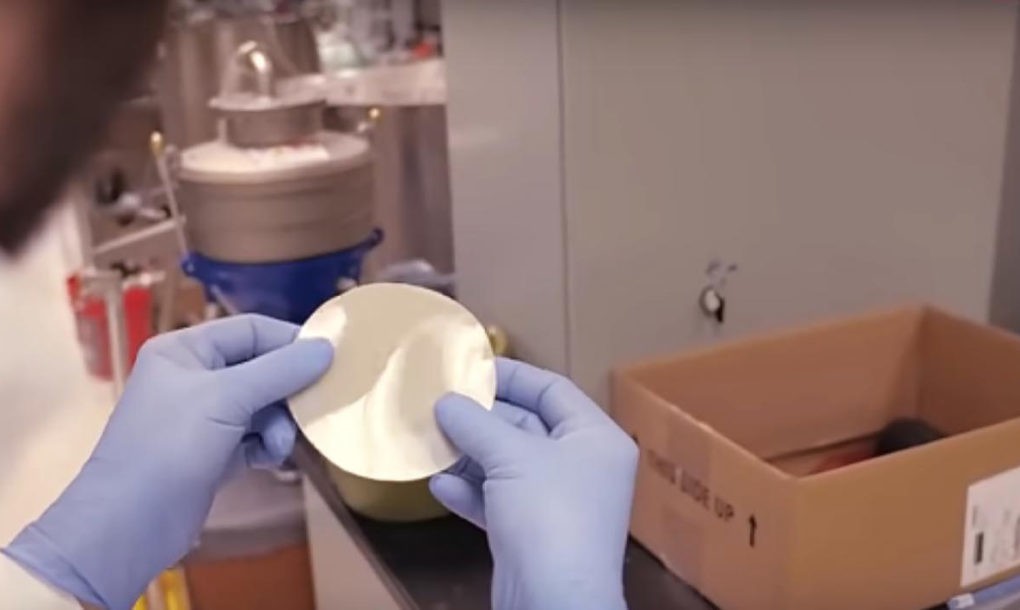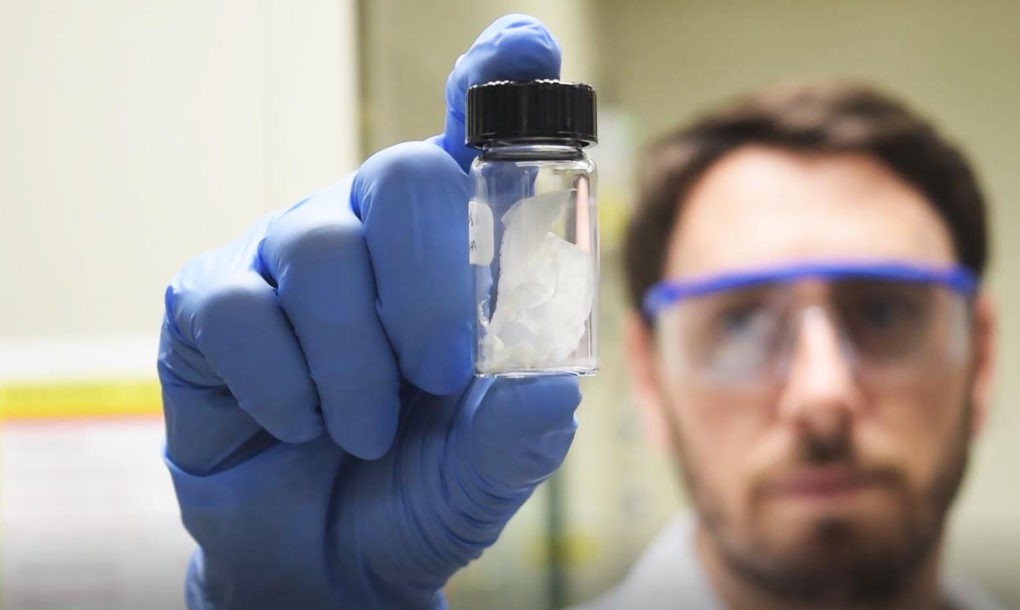RECOMMENDED VIDEOS

Hydropower consultancy in the UK and Ireland
Dulas Ltd

A-Tech Environmental Consulting Services
A-Tech Consulting Inc.

Center of Innovation & Commercialization for University…
UM Centre of Innovation and Commercialization (UMCIC)

Rechargeable Supercapacitor
Universiti Teknikal Malaysia Melaka (UTeM)

G-Energy Global : Energy Efficiency Consultation - Energy…
G-Energy Global Pte Ltd
Related Stories
IE Expo 2021: South China's Leading Trade Fair for Environmental Technology Solutions
IE Expo 2021: West China's Leading Trade Fair for Environmental Technology Solutions
IE Expo 2021: Asia's Leading Trade Fair for Environmental Technology Solutions
IE Expo 2020: Trade Fair for Environmental Technology Solutions
IE Expo 2020: Asia's Leading Trade Fair for Environmental Technology Solutions
06 Dec, 2017

Twin brothers convert organic waste into truly biodegradable plastic
Others | UNITED STATES | 30 Oct, 2017
Published by : Eco Media Asia
You know plastic waste is a problem. But Jeff and Dane Anderson, twin brothers in California, are trying to do something about it. They started a company, Full Cycle Bioplastics, to make a fully biodegradable plastic. They aren’t the first to do so, but they utilize cheap, readily available organic waste to make their bioplastic.
Food waste, dirty paper or cardboard, or agricultural byproducts become compostable plastic in Full Cycle Bioplastics’ process. Jeff Anderson told UPROXX they’re able to utilize any organic waste to create a plastic known as polyhydroxyalkanoate (PHA). “If it ever falls into the ocean, it actually acts as fish food, or bacteria food, and has no toxic effects,” Anderson said in an UPROXX video.

Full Cycle Bioplastics breaks organic waste down into feedstock, given to naturally occurring bacteriathat consume the waste and convert it into PHA. The company then dries and processes the PHA into a resin product. Anderson said their bioplastic could be used for bags, to-go containers, utensils, water bottles, or shampoo bottles, to name a few.
Dane Anderson said it’s great for the bioplastic to return to them after use, because they can turn it back into plastic again. But it will harmlessly break down in nature if it’s discarded.

One reason bioplastics haven’t taken over the world yet is their expense, but the brothers bring down costs through their process. They don’t need land to cultivate crops, nor do they use genetically modified bacteria.
We may not be able to totally get rid of plastic – just a glance around where you’re sitting right now will likely reveal several items manufactured with the stuff polluting our planet. But Jeff told UPROXX their bioplastic can serve as a direct replacement – one that’s far better for the earth.
Article from inhabitat.com
by Lacy Cooke
